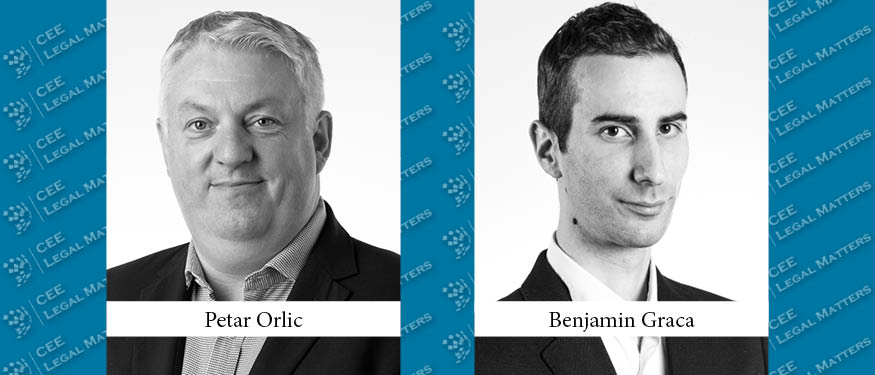In Serbia, the regulatory authority for the life sciences sector is the Medicines and Medical Devices Agency. This agency oversees a diverse array of functions aimed at ensuring that medicines and medical devices are safe, of high quality, and effective. It is also responsible for approving clinical trials, ensuring adherence to the rigorous standards of good clinical practice. An essential component of this process is the ethics committee, an independent expert body that reviews clinical trials. This committee is composed of specialists from the fields of medicine, law, ethics, and other relevant disciplines, tasked with protecting the rights, safety, and well-being of trial subjects while also ensuring public protection of their rights.
The importance of clinical trials in the life sciences sector cannot be overstated. They are critical for the development of new therapies and medical technologies that can significantly improve patient outcomes. However, the process of obtaining approval for clinical trials can be complex, requiring meticulous compliance with both national and international regulations. The Medicines and Medical Devices Agency plays a vital role in this regard, ensuring that all trials conducted in Serbia meet the highest ethical and scientific standards.
Given the potential for groundbreaking discoveries in this sector, safeguarding intellectual property is vital for attracting investments and fostering research. Serbian intellectual property law permits the patenting of biological materials and processes, provided they meet criteria of novelty, inventiveness, and industrial applicability. The Intellectual Property Office of the Republic of Serbia serves as the principal agency for registering and protecting these rights, helping innovators secure their unique scientific advancements and discoveries. This protection not only incentivizes research and development but also plays a crucial role in establishing a competitive advantage in the market.
In addition to patents, there are other important forms of intellectual property protection in the life sciences sector, such as trademarks and trade secrets. Trademarks can help establish a brand identity for new drugs or medical devices, while trade secrets can protect proprietary information, such as manufacturing processes or formulae. As companies navigate the complexities of the market, a comprehensive intellectual property strategy becomes essential for safeguarding their innovations.
Moreover, other branches of law, particularly corporate, commercial, and competition law, play significant roles in this sector. The complexity of the life sciences industry often necessitates that clients engage legal professionals specializing in these areas. For instance, distribution agreements exemplify the intricate interplay between competition and commercial law. The Serbian Commission for Protection of Competition closely monitors such agreements for any clauses that might be viewed as contentious or restrictive from a competition perspective. Provisions related to exclusivity, non-compete clauses, and reporting obligations are scrutinized by this regulatory body. While some restrictive agreements may qualify for exemptions, parties must ensure their market share remains below specified thresholds to avoid penalties. Therefore, it is imperative to prepare robust agreements that comply with regulations while also addressing the business interests of the contractual parties.
Recent developments, such as the BIO4 Campus project, signal Serbia’s ambition to emerge as a regional leader in the life sciences sector. This large-scale initiative encompasses biomedicine, biotechnology, bioinformatics, and biodiversity, aiming to unite universities, research centers, and private enterprises, thereby fostering an environment conducive to innovation. The campus is expected to stimulate research and development and attract foreign investment, creating a collaborative ecosystem that can lead to significant advancements in health and technology.
Serbia has been making strides in harmonizing its regulations with EU standards related to medicines and medical devices. While this harmonization presents challenges for a transitioning country, the overall trend indicates a move towards a more open and predictable legal environment. This alignment with EU regulations not only enhances the credibility of Serbia’s regulatory framework but also increases the attractiveness of the market for foreign investors.
Coupled with ambitious initiatives like the BIO4 Campus, Serbia is poised to become a significant player in the global life sciences arena, offering promising opportunities for new investors entering its market. The country’s strategic geographical location, coupled with a skilled workforce and growing research infrastructure, further enhances its potential as a hub for life sciences innovation in the region.
By Petar Orlic, Partner, and Benjamin Graca, Senior Associate, NKO Partners
This article was originally published in Issue 12.6 of the CEE Legal Matters Magazine. If you would like to receive a hard copy of the magazine, you can subscribe here.

















